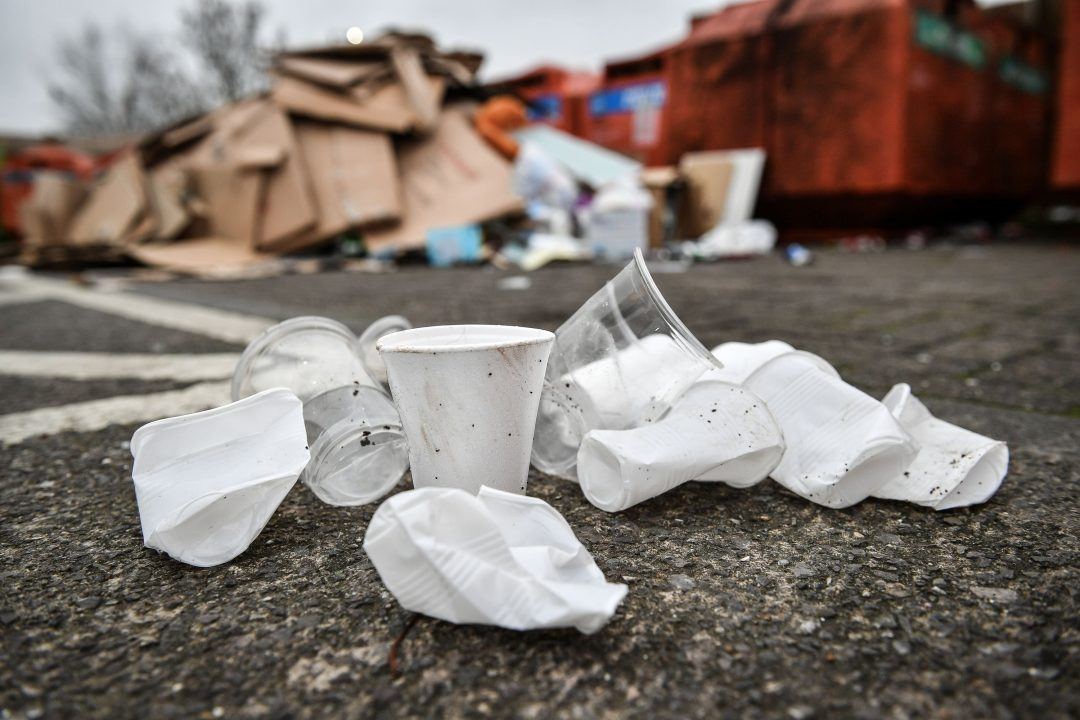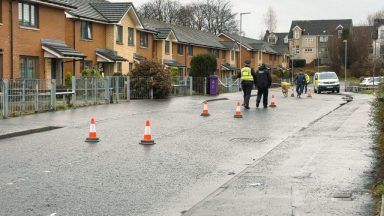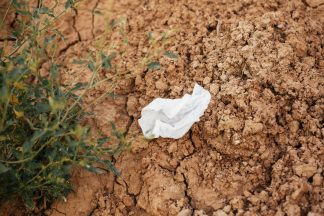Household recycling rates are rising in Scotland, but more than half of the waste going into general bins could be recycled, according to an environmental agency.
New household waste statistics published by the Scottish Environment Protection Agency show a small rise in recycling rates.
However, the agency says that research from Zero Waste Scotland shows that more than half of the waste still going into general bins could be recycled.
Ross Haggart, Sepa chief operating officer for regulation, business and environment, said people should be making “better use” of existing recycling schemes to tackle the issue.
He said: “What the latest household waste statistics highlight is the importance of the choices made in every home.
“Research from Zero Waste Scotland shows that around 52% of what goes into general household bins could be recycled, including key materials like food waste, paper, cardboard and plastic.
“By making better use of existing recycling schemes and ensuring key recyclables don’t end up in general waste bins, we will see a real change in how much residual waste needs to be incinerated.”
The data from Sepa shows that in 2024, each person in Scotland generated an average of 0.42 tonnes of household waste.
In total, 0.19 tonnes were recycled, 0.05 tonnes were sent to landfill, and the remainder was diverted away from landfill through other means, such as incineration.
Households in Scotland recycled 44.3% of their waste in 2024, with almost half of the waste from Scottish homes still being disposed of through incineration or landfill rather than being recycled.
Research from Zero Waste Scotland between 2021 and 2023 estimated that approximately 550,000 tonnes, or 52%, of residual waste is made up of waste types that can typically be recycled.
They also estimated that food waste remains the largest single waste type in the residual waste stream at approximately 330,000 tonnes per annum.
Mr Haggart said: “The choice isn’t between recycling or energy recovery, but rather a firm focus on improving recycling with energy recovery from what’s left over.
“What is clear is that in order to reduce the need for energy from waste facilities, we must all strive to reduce the waste we produce and increase our recycling as much as possible.
“Every household can play a part in reducing emissions and supporting Scotland’s transition to a circular economy by recycling more and wasting less.”
Follow STV News on WhatsApp
Scan the QR code on your mobile device for all the latest news from around the country


 PA Media
PA Media

























